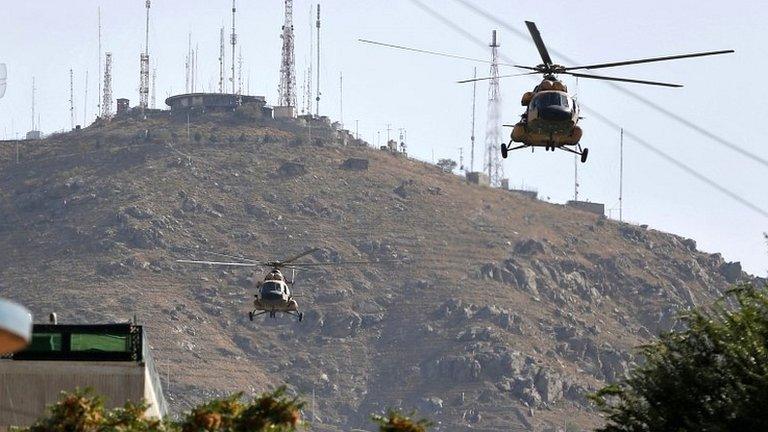UN: More civilians killed by Afghan forces than Taliban
- Published
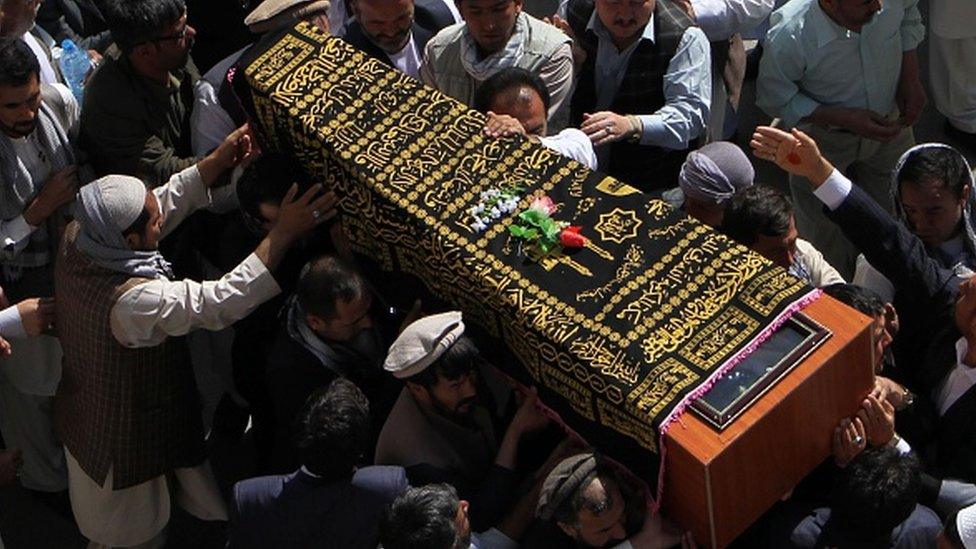
For the first time, more civilians have been killed by Afghan forces this year than by insurgent groups, the UN says.
In a report, external, the international body said pro-government forces were responsible for 54% of civilian deaths during the first three months of 2019.
Tadamichi Yamamoto, the UN's special representative for Afghanistan, called the latest figures "shocking".
The findings come as civilian casualties fell to their lowest level for the period since 2013.
Both the US and the Taliban have held peace talks since October last year, but fighting has continued as both sides look for leverage in negotiations.
The UN, which has been monitoring the conflict since 2009, says between January and March insurgent groups killed 227 civilians and injured 736 others.
In contrast, Afghan and international forces caused 305 deaths and 303 injuries - a 39% jump from the same period last year.
The leading causes of casualties, according to the UN, were ground fighting and improvised explosive devices (IEDs).
Air strikes also killed 145 civilians during the period, half of them women and children. The UN attributed almost all of these to American forces.
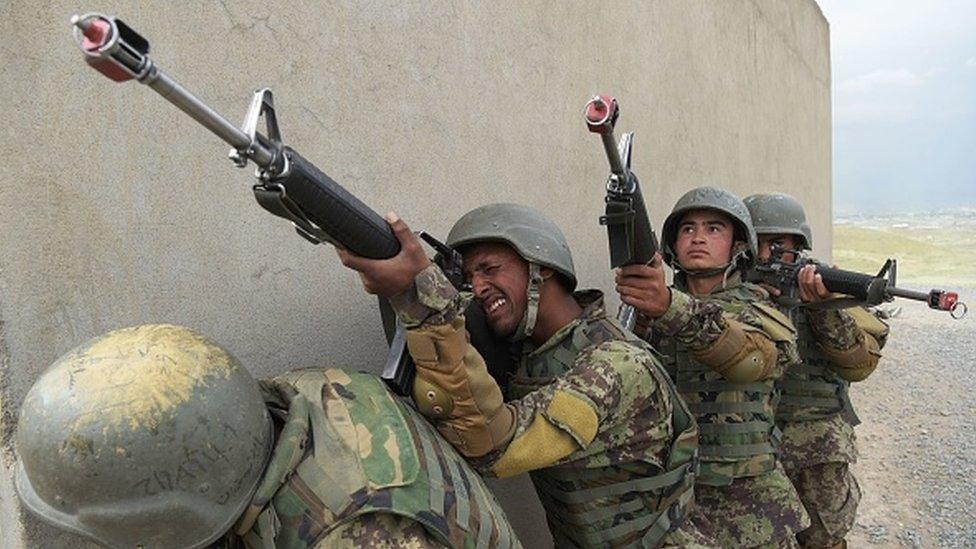
Afghan security forces are being trained by some of the 14,000 US troops remaining in the country.
The US military holds itself "to the highest standards of accuracy and accountability," Colonel Dave Butler, spokesman for US Forces-Afghanistan, told the AFP news agency.
Mr Yamamoto said "all parties must do more to safeguard civilians".
"The best way to end the suffering of non-combatants is to end the fighting through an agreed-upon reduction in violence on all sides," said Col Butler.
Overall, the UN reported a 23% drop in casualties compared with the same period in 2018. The agency said it was "unclear" whether this was influenced by the peace talks or "any measures taken by parties to the conflict to better protect civilians".
US forces have been stationed in the country since it led a military coalition to overthrow the Taliban in 2001.
Around 14,000 American troops are helping to train Afghan security forces.
The Taliban, however, currently control and influence more territory than they have at any point in the past 18 years.
- Published20 April 2019
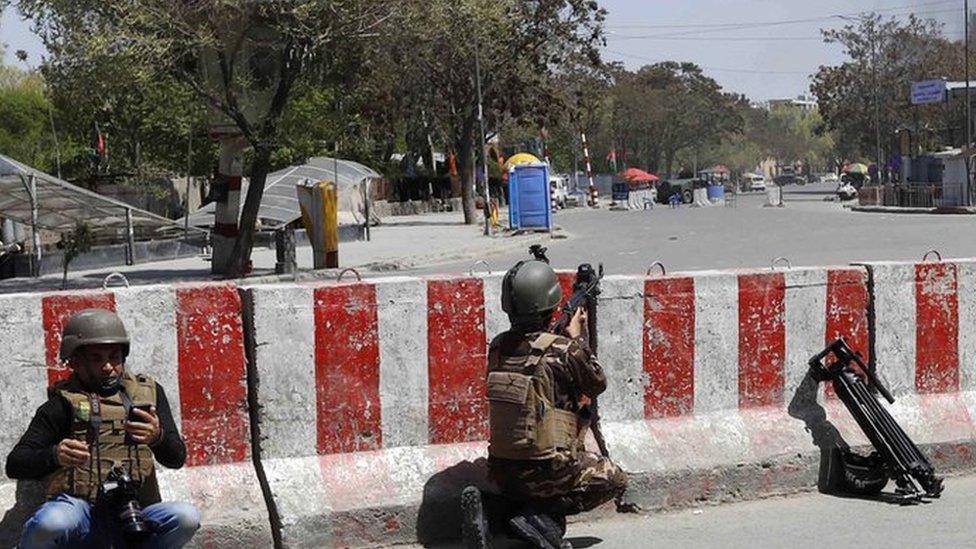
- Published14 July 2019
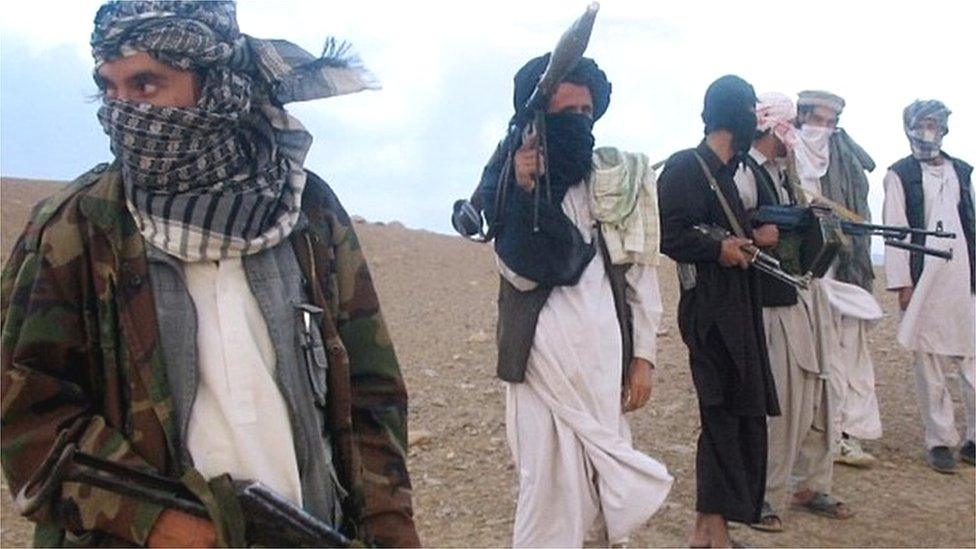
- Published25 February 2019
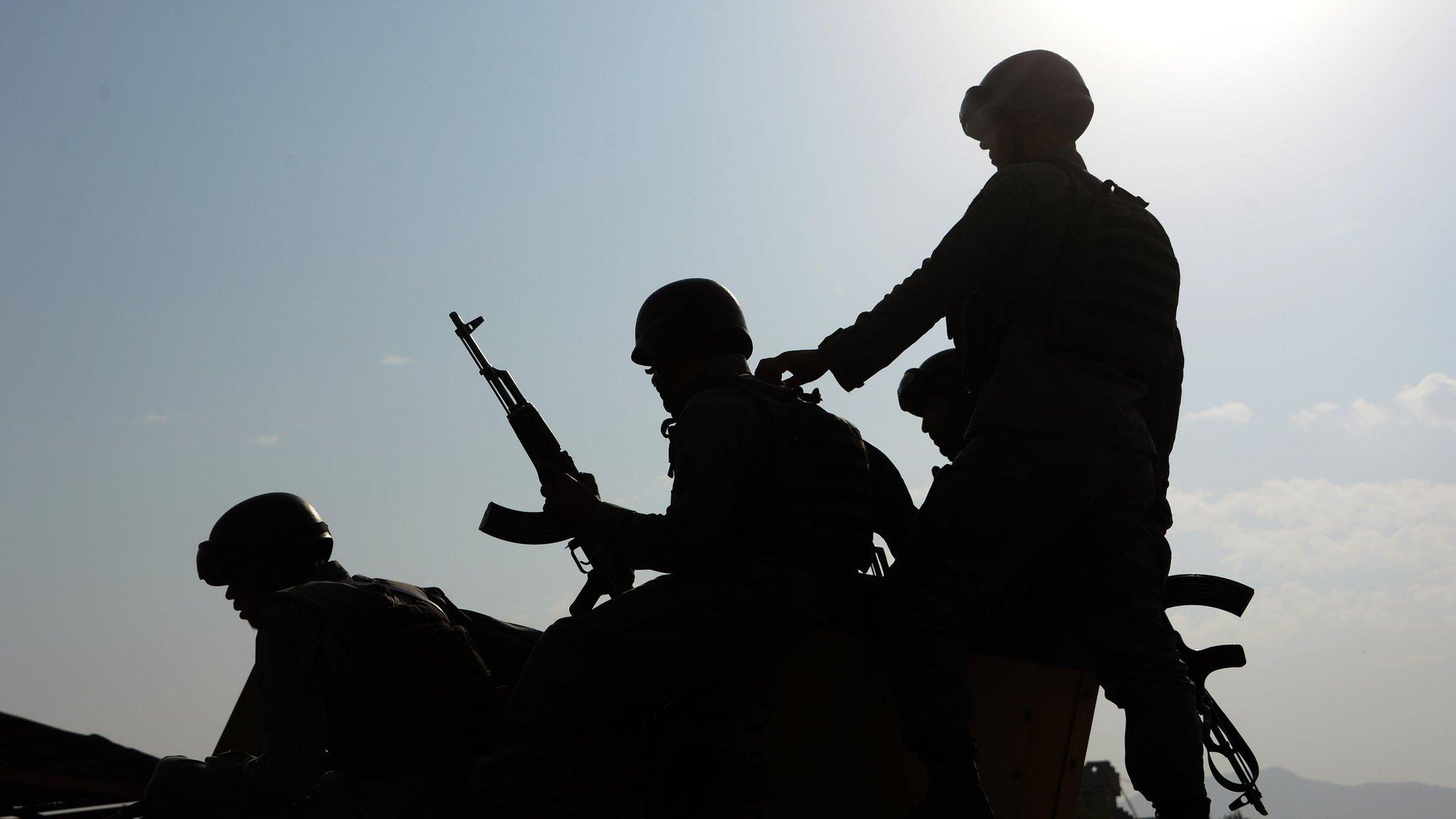
- Published24 February 2019
